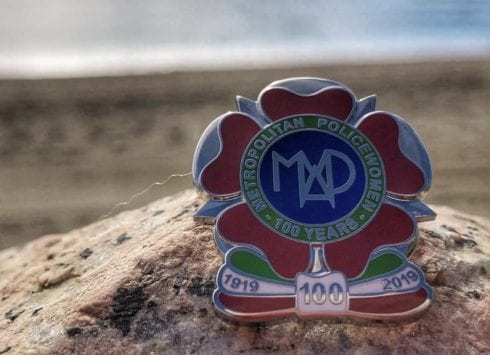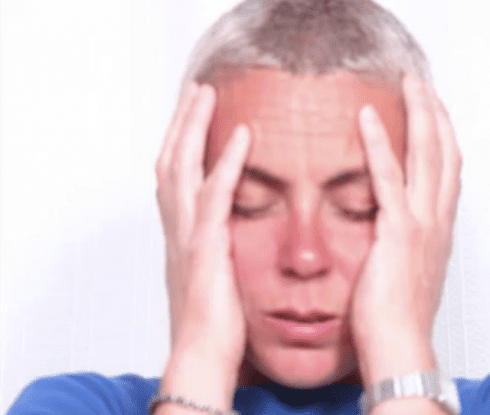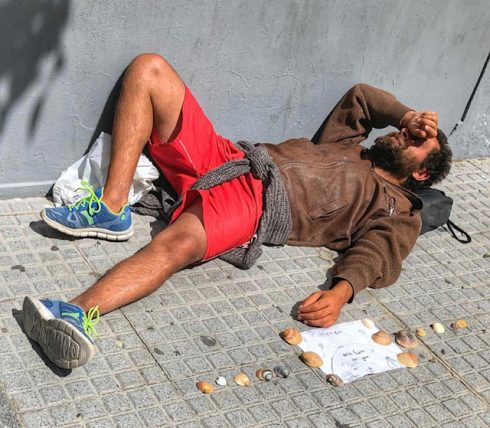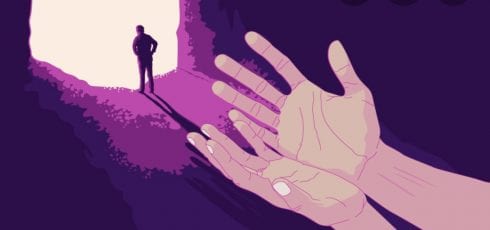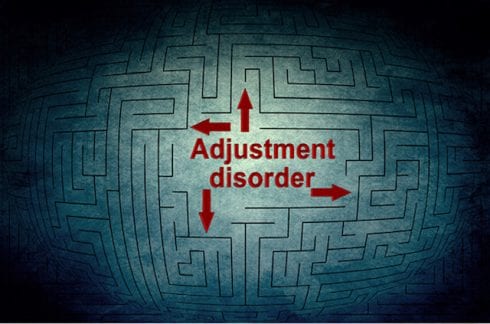As International Women’s Day approaches on Friday, I find myself reflecting on how far women have come in terms of equality. This is a poignant year for me as I will be on a march in London on IWD, celebrating 100 years of women being allowed into the Metropolitan Police Service. It is also relevant as we now have the first ever female Commissioner of the Metropolitan Police in office.
International Women’s Day adopted the date of 8 March some 2 years prior to the centenary of women in the Metropolitan Police, and it was in the Representation of the People Act 1918 (parliament.uk) that women were given the right to vote. So it seems a shift was starting around 100 years ago.
But, whilst there has been a big leap forward in women and equality, I am reminded of my time in the police when bullying and harassment of women was rife and ignored, women were expected to literally ‘put up and shut up’. I have come to the sad conclusion after having just read a book commemorating these 100 years, that bullying of women is still very prevalent, not just in the police but in society. (That is not in any way to take away from the fact that men and boys are also victims of bullying). However, this bullying which was once overt has now taken a sinister and more covert form. Trolling, or online bullying, is becoming an increasing problem with sometimes devastating effects.
In 2018, reality television star and former Miss Great Britain, Sophie Gradon completed a suicide at the age of 32 after being viciously trolled. To me this highlights that even a woman who was used to being in the spotlight can find this form of online bullying too much to bear. Just days before her death after a particular campaign of vile trolling she tweeted;
“I feel very deep tonight. Reflecting on life & what it means to live” – alongside a passage by poet J Raymond.
The poem read: “I want to live and love recklessly. Fly higher, drive faster, feel too deeply and act on things in spite of fear. I want to be out of control, laugh to no end, meet more strange people, make memories when I’m least expecting it, settle less, and see things that are beautiful and unusual.” (twitter.com/sophiegradon).
When we consider these are the words and actions of an adult woman who has long been used to featuring in and working within the media, it is little wonder that our children are at very great risk of being emotionally and mentally scarred through bullying online. This new, sinister and anonymous form of bullying allows the perpetrators to use vile words and make threats with no apparent risk of punishment.
So what about our children? Anne Longfield, the children’s commissioner for England has written an open letter heavily criticising social media companies for not policing their sites more robustly. She also accuses them of not being in control of the content on their sites. (Letter in full at childrenscommissioner.gov.uk).
Bullies Out (bulliesout.com) is a charity which aims to educate adults and children about all forms of bullying. They point out that, ‘trolling has become the latest phenomenon to impact upon social media networking sites and is by far the most vicious and damaging to young people and adults alike’. They have produced a short film showing how quickly online abuse can escalate and how easily people can get involved in this trolling, due to the anonymity afforded to them. The film is called ‘Respecting Others’ and can be found on their website (or You Tube – https://youtu.be/GMgotpVn0Nw).
Papyrus, a charity working to prevent child suicides, said it has recently been contacted by 30 families who suspect social media played a part in their children’s deaths. They have also raised concerns over the inadequacy of social media, community guidelines and policies and pressed for better filtering of inappropriate content. (papyrus-uk.org). Papyrus offers a confidential advice line called HOPELINK for young people (under 35) and anybody who might be concerned for another young persons welfare. Call:0800 068 4141 Text:07786209697.
I spoke to an ex colleague of mine who was recently trolled online. I asked her how it had made her feel and I was quite shocked that a professional woman had such a strong reaction to being trolled. She said;
‘I had an incident recently which unfortunately came to the attention of the media, and I found myself on the receiving end of some disgusting online messages. I would like to say that online trolling made me feel depressed, anxious, unable to leave the house, and vulnerable. I lost all my confidence. I felt totally judged by the world. It made me question the human race and how people have no empathy for each other in this cruel modern world. I am proud to be in the police but it frightened me how vulnerable I felt by this invisible and cruel bullying. I find it hard to believe the lack of resources being used by social media bosses in policing it’
The United Nations (un.org) ‘Goal number 5’ is to ‘achieve gender equality and empower all women and girls’. I believe we are getting there and in my own lifetime I have seen a radical shift in equality and acceptance of women, certainly within the workplace. We have a way to go which is why International Women’s Day is fundamental in bringing women together from around the world to highlight, and to celebrate women’s achievements. It is time now to tackle the very serious issue of online bullying, and hold the social media companies to account before many others lives are blighted by this vile form of abuse.
